* Photo: Anadolu Agency (AA)
Click to read the article in Turkish
We have spoken with Buket Atlı from the Right to Clean Air Platform about the recent weather events in İstanbul and the capital city of Ankara.
Atlı says that what is portrayed as mist or fog is, in fact, smog, a form of fog or haze intensified by smoke or other atmospheric pollutants.
Warning especially vulnerable groups such as the ones with chronic respiratory and cardiac diseases, the aged and children against the effects of polluted air, Atlı underlines that air pollution makes it easier for the novel coronavirus (COVID-19) to enter the body.
On the other side, the Governor's Office of İstanbul announced that the "fog" would end as of November 8, but it is still visible in the city.
London case: Over 4,000 losses of life in 5 days
Atlı warns about  taking measures about the smog in İstanbul and Ankara and says that measures must be taken:
taking measures about the smog in İstanbul and Ankara and says that measures must be taken:
"In the event of smog, the long-lasting presence of polluted air over a region also leads to serious health effects. For instance, in 1952, over 4,000 people, especially the ones with respiratory and cardiac diseases, lost their lives in London as a result of a five-day smog.
"As a result of the smog which led to the death of several people in the UK, clean air action plans were put forward.
"Similarly, Turkey must now put forward a national 'Strategy for Struggling Against Air Pollution'. It was observed that the number of COVID-19 cases was higher in the regions with higher air pollution. Measures to reduce air pollution are necessary for the struggle against COVID-19."
Air pollution in Turkey
Referring to the Right to Clean Air Platform reports, Atlı notes that the losses of life caused by air pollution in Turkey from 2017 to 2019 were at least six times as many as the ones caused by traffic accidents:
"According to the Dark Report 2021, the extreme air pollution in Iğdır, Maraş, Manisa, Ağrı and Düzce has become chronic for 5 years. Moreover, in 2020, in half of the provinces (42) in Turkey, the level of carcinogenic particulate matter (PM 2.5) was not adequately measured.
Even though the World Health Organization (WHO) has announced that it has reduced the recommended limit values, the annual and daily limit values for carcinogenic PM 2.5 have still not been set in the air quality legislation of Turkey.
"Moreover, with their environmental investments not completed, coal thermal power plants keep on operating. In Maraş, citizens share videos and photos showing black smoke everyday. The pollution stemming from the plant in Maraş is carried to provinces such as Sivas and Ankara."
What is smog?National Geographic shares the following information in brief about smog: "Smog is air pollution that reduces visibility. The term 'smog' was first used in the early 1900s to describe a mix of smoke and fog. "The smoke usually came from burning coal. Smog was common in industrial areas, and remains a familiar sight in cities today. "Smog is unhealthy to humans and animals, and it can kill plants. Smog is common in big cities with a lot of industry and traffic. "Cities located in basins surrounded by mountains may have smog problems because the smog is trapped in the valley and cannot be carried away by wind. Los Angeles, California, and Mexico City, Mexico, both have high smog levels partly because of this kind of landscape. "Many countries, including the United States, have created laws to reduce smog. Some laws include restrictions on what chemicals a factory can release into the atmosphere, or when the factory can release them." |
(TP/SD)





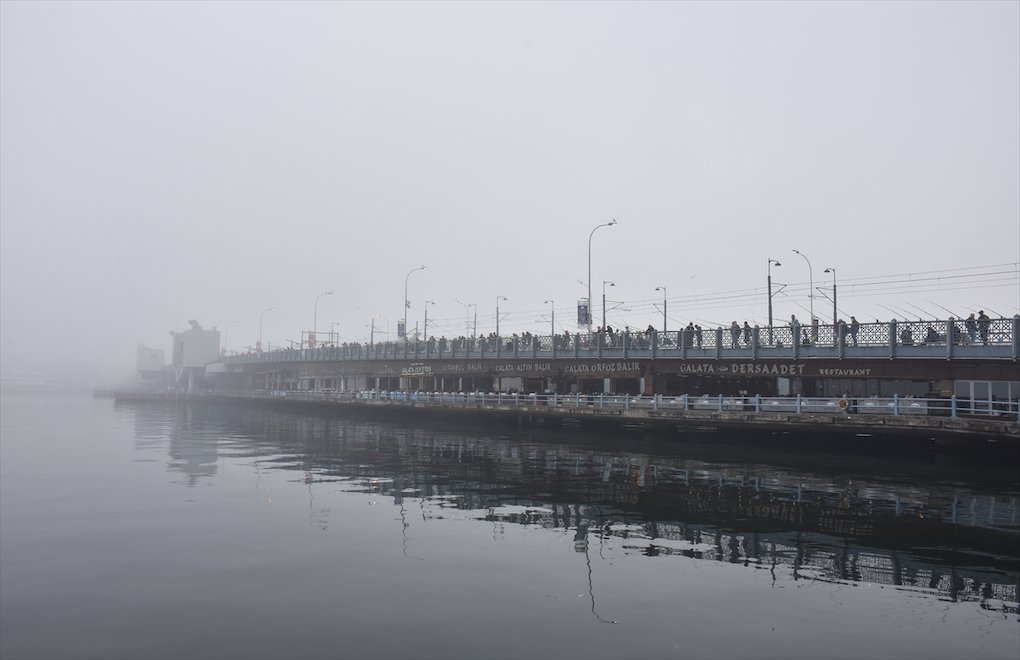

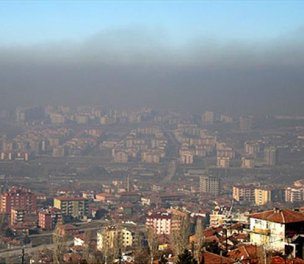
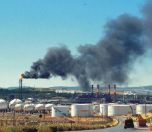
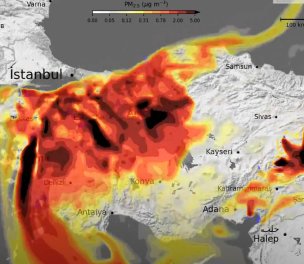
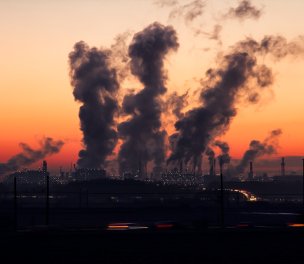
.jpg)
.jpg)


